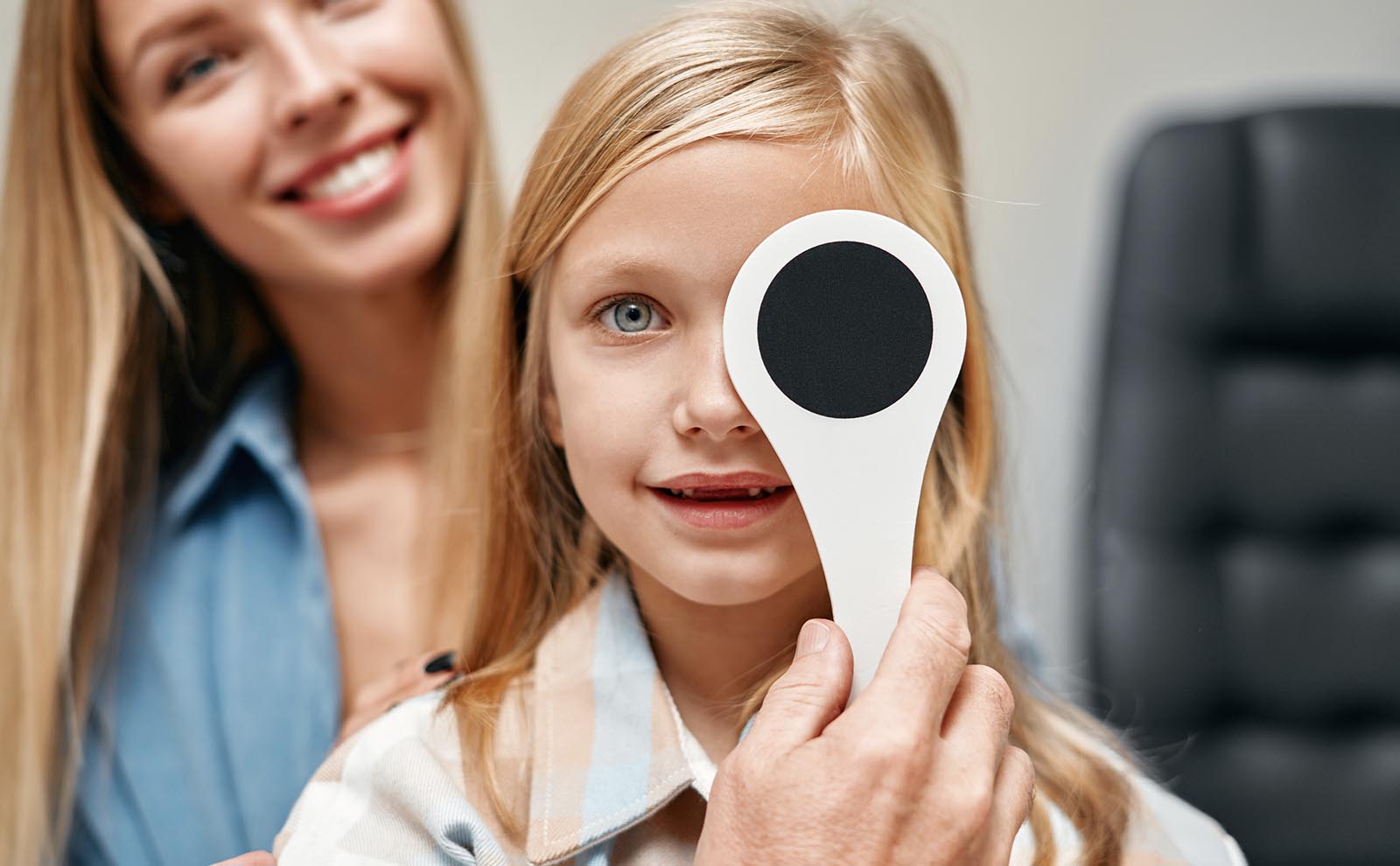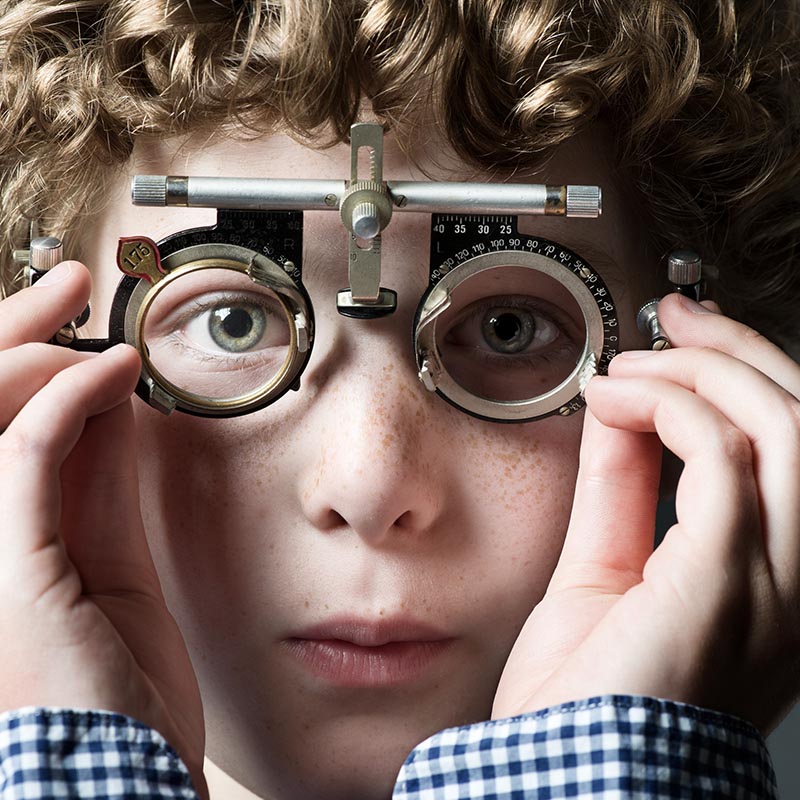At Rocky Mountain University Eye Institute, we understand how closely vision is tied to learning. Many children in Provo and surrounding areas like Orem, Lehi, and Spanish Fork struggle in school—not because they aren’t trying, but because of undiagnosed vision issues. Our Pediatric Eye Care & Visual Learning Center provides advanced, compassionate care to help children overcome visual challenges and unlock their full academic and developmental potential.
Pediatric Eye Care & Visual Learning Center
Helping Children See, Learn, and Thrive



Introduction to Pediatric Eye Care & Visual Learning
- Early diagnosis and personalized treatment for visual learning difficulties
- Specialized pediatric eye exams designed for young patients
- Non-invasive therapies, including vision therapy and corrective lenses
- Supportive care that empowers children at home, in school, and beyond
What to Expect from Pediatric Eye Care
Comprehensive Vision Testing Designed for Children
Our pediatric eye care services start with a thorough exam tailored to children, designed to uncover not just eyesight problems but also issues with how the brain processes visual information. We assess for conditions like refractive errors, amblyopia (lazy eye), strabismus (crossed eyes), convergence insufficiency, and visual processing disorders. If a problem is detected, we’ll guide you through treatment options that may include prescription glasses, vision therapy, or, in some cases, surgery. Our goal is to help your child feel comfortable, confident, and capable in every environment.
Is Pediatric Eye Care Right for Your Child?
Who Can Benefit?
If your child struggles with reading, frequently loses their place, avoids close-up work, or complains of headaches or tired eyes, it might be more than just a learning style—it could be a vision issue. Pediatric eye care is ideal for children of all ages who may be falling behind academically, have poor hand-eye coordination, or are showing signs of low self-esteem tied to school performance. Early detection and intervention are key to long-term success.
Expected Outcomes
Giving Your Child the Vision to Succeed
With timely diagnosis and personalized treatment, many children experience dramatic improvements in both school performance and overall confidence. Whether through eyeglasses, targeted vision therapy, or specialized learning tools, our Pediatric Eye Care & Visual Learning Center helps children achieve clearer vision and better focus—skills that support success in academics, sports, and social development. We’re here to help your child shine.
Frequently Asked Questions
What is included in a comprehensive eye exam?
A comprehensive eye exam typically includes a review of your medical and vision history, vision testing (such as visual acuity and refraction), eye muscle and movement testing, internal and external eye health evaluations, and screening for eye diseases like glaucoma, cataracts, and macular degeneration.
How often should I get a comprehensive eye exam?
For most adults, it’s recommended to have a comprehensive eye exam every 1 to 2 years. Children, seniors, and people with certain risk factors—such as diabetes, high blood pressure, or a family history of eye disease—may need more frequent check-ups.
What's the difference between a vision screening and a comprehensive eye exam?
A vision screening is a quick test that checks for basic vision problems, often done at schools or health fairs. A comprehensive eye exam is a detailed evaluation performed by an eye care professional to assess overall eye health and detect potential issues early.
Can a comprehensive eye exam detect other health problems?
Yes! During a comprehensive eye exam, eye doctors can detect signs of systemic health conditions like diabetes, high blood pressure, high cholesterol, and even certain types of cancer, by observing changes in blood vessels and other structures in the eye.
How long does a comprehensive eye exam take?
A typical comprehensive eye exam takes about 45 minutes to an hour, depending on your individual needs and whether any additional testing is required.
Do I need a comprehensive eye exam if I have perfect vision?
Yes! Even if you see clearly, regular eye exams are important for maintaining eye health and detecting silent conditions like glaucoma or early macular degeneration that may not show symptoms right away.

